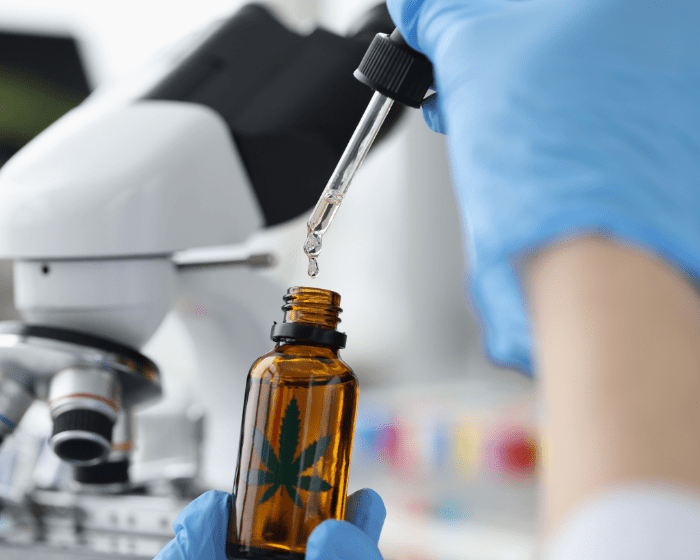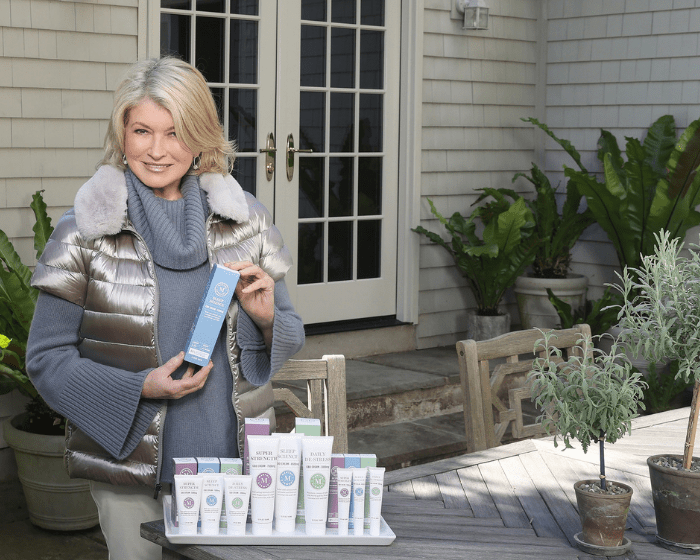
With new hemp rules going into effect in 2022 and 2023, two established cannabis companies are threatening to leave Oregon over the potential impacts, reports Willamette Week.
The cannabinoid at the center of the controversy is the relatively low-profile CBN, or cannabinol. Like CBD, it has no psychotropic effect. And according to sales data from four states with legal cannabis its popularity has been growing as a sleep aid.
CBN and The New Rules
The Oregon Liquor and Cannabis Commission approved new cannabis regulations Dec. 28, including new limits on lab-altered cannabinoids — even if they’re not intoxicating.
While CBN does occur naturally through oxidation (THC molecules convert to CBN when cannabis is stored with exposure to air and sunlight) the form that’s being sold is chemically converted in labs.
That means CBN products must be taken off grocery store shelves by July 1, and sales will be confined to cannabis dispensaries, according to Willamette Week.
“It may not make everybody happy, but it’s a pathway, and I think it solves a lot of the issues,” OLCC Commissioner Matt Maletis said of the new rules when they were approved.
Makers of CBN Edibles Say They Might Leave
The change has at least two companies considering whether to leave the state.
“The two biggest CBN edible makers in the state, Grön and Wyld CBD, are threatening to leave Oregon — the only state in the country that has raised a red flag about CBN — over the ban,” Sophie Peel wrote for Willamette Week.
“We’ve been based in Oregon forever,” says Gabe Parton Lee, general counsel for Wyld CBD, told Peel. “But if this is the way the state of Oregon addresses cannabis policy going forward, why would we be interested in sticking around here when we could find any other state that has a much more progressive view?”
“We’ve been based in Oregon forever. But if this is the way the state of Oregon addresses cannabis policy going forward, why would we be interested in sticking around here when we could find any other state that has a much more progressive view?”
— Gabe Parton Lee, general counsel for Wyld CBD
State regulators told Peel the concern was less about psychotropic effects than the potential dangers of chemically-altered ingredients being sold without review or oversight.
“Whether it’s intoxicating or not, that’s kind of a secondary concern,” Steven Crowley, the OLCC’s hemp specialist, told Peel. “The primary concern is whether it’s manufactured in a way that’s safe to consume.”
The bar will get even higher in a year and a half. July 1, 2023, companies selling CBN products will need a federal approval that the ingredient is “Generally Recognized as Safe” or has passed review as a “new dietary ingredient.”
This may prove especially tricky, as the U.S. Food and Drug Administration has yet to create a framework for regulating hemp derivatives.
“The makers of CBN candies believe their best strategy is to self-publish toxicology and health data showing their product is safe—a GRAS self-determination—and avoid a judgment by the feds,” Peel wrote. “Even then, the OLCC says it will require a copy of the evidence.”
“Whether it’s intoxicating or not, that’s kind of a secondary concern. The primary concern is whether it’s manufactured in a way that’s safe to consume.”
— Steven Crowley, hemp specialist for the Oregon Liquor and Cannabis Commission
For the makers of CBN products, it’s no small-change matter.
Grön Chocolatae’s CBN products — which include formulas that contain THC and are sold in dispensaries, and others that are THC-free and currently sold at grocery stores — make up 30% of the company’s annual $14-million revenue. That’s $4.2 mil at stake.
“It’s causing us to question whether or not Oregon is a great place for us to base our headquarters out of,” Grön owner Christine Smith told Peel.
Parton Lee said Wyld is exploring legal options “to see if there is a way to prevent the enforcement or the implementation of the rule in July.”
But TJ Sheehy, director of data and research for the OLCC, told Peel he’d heard similar threats when the commission banned some vape additives 2019.
“We had additives companies saying that if these rules were passed as written, ‘We wouldn’t be able to comply with them, we’ll move out of state,’” he said. “Even the people who said those comments are now complying with our rules, and those products are still on the market.”







































